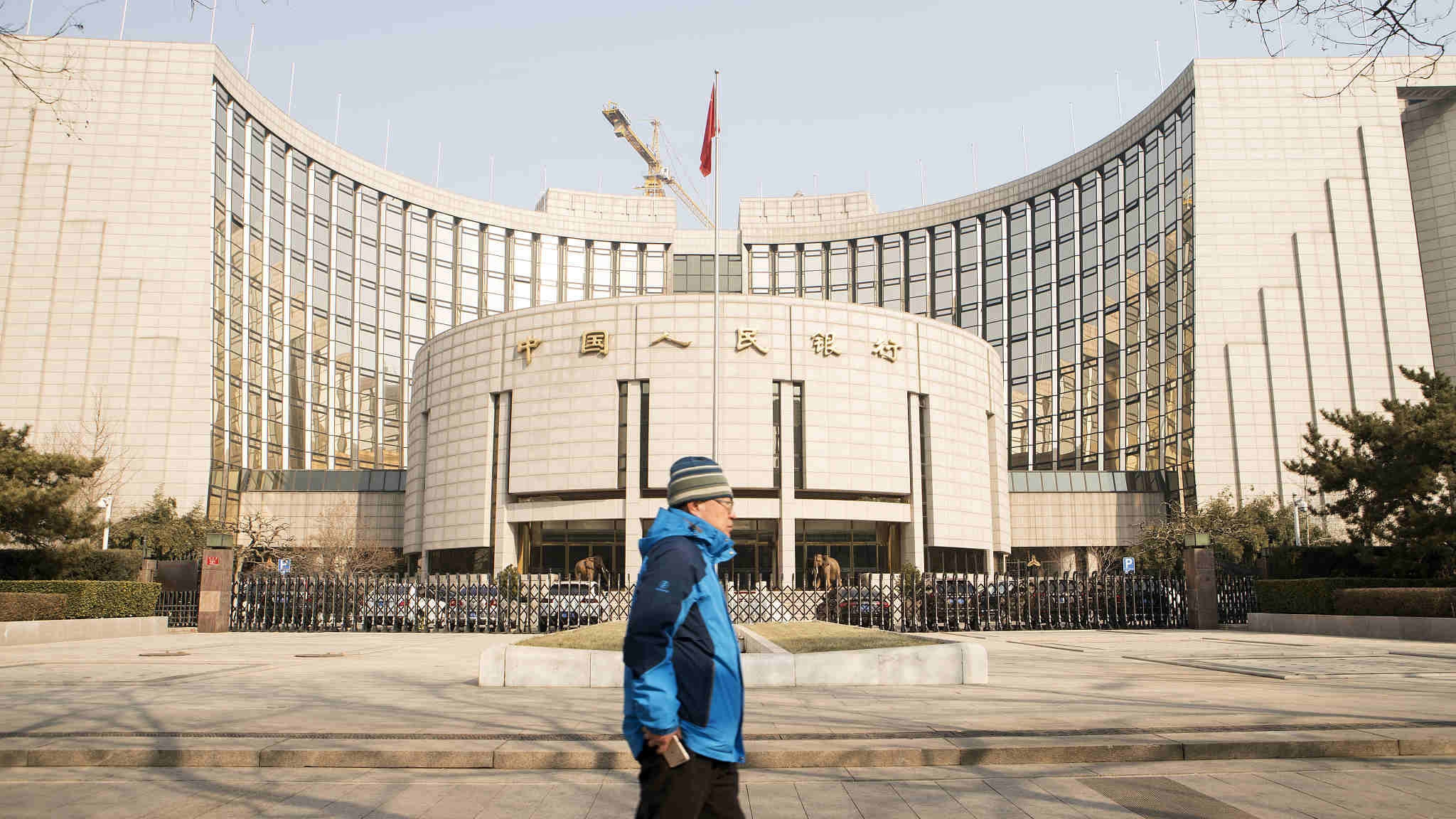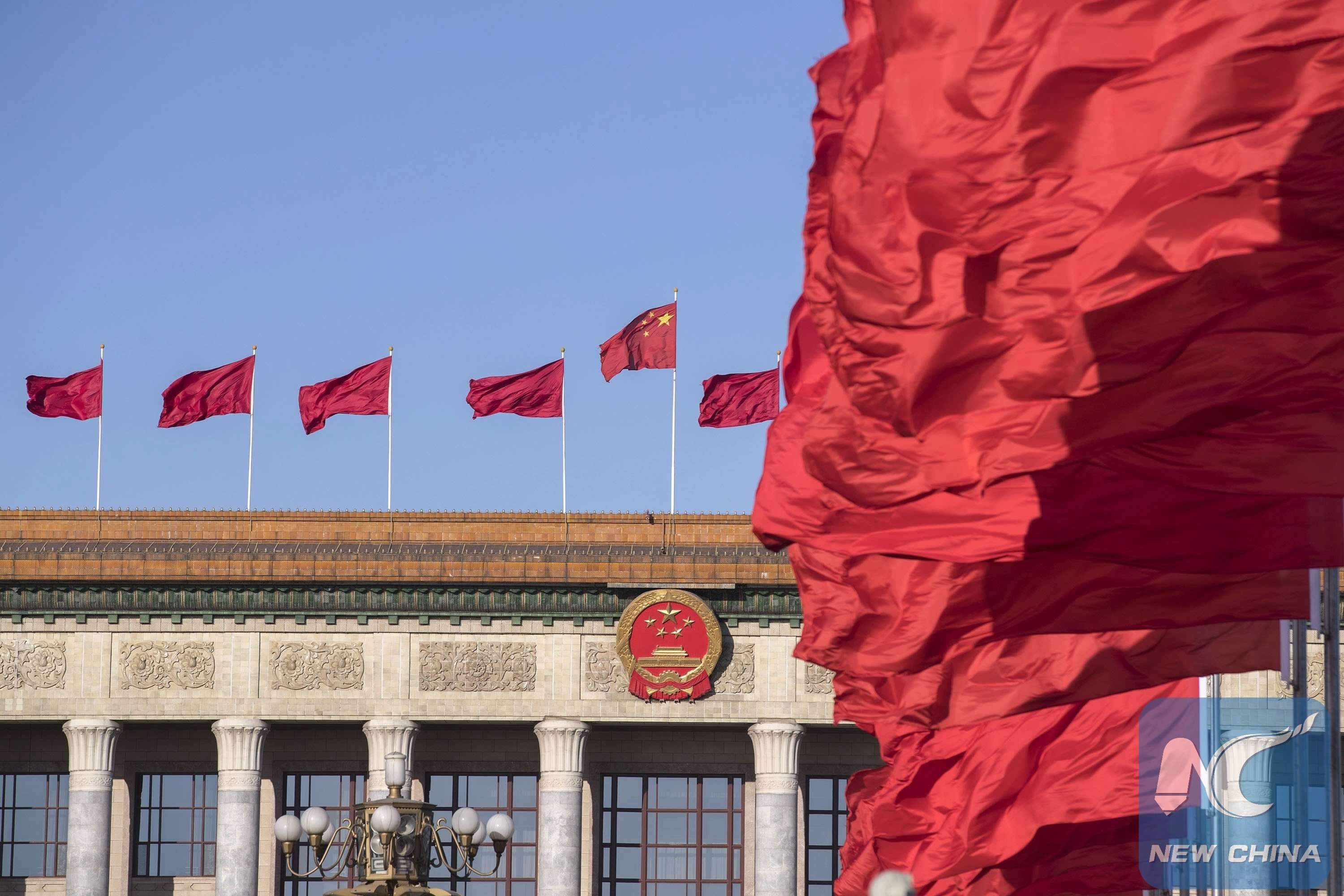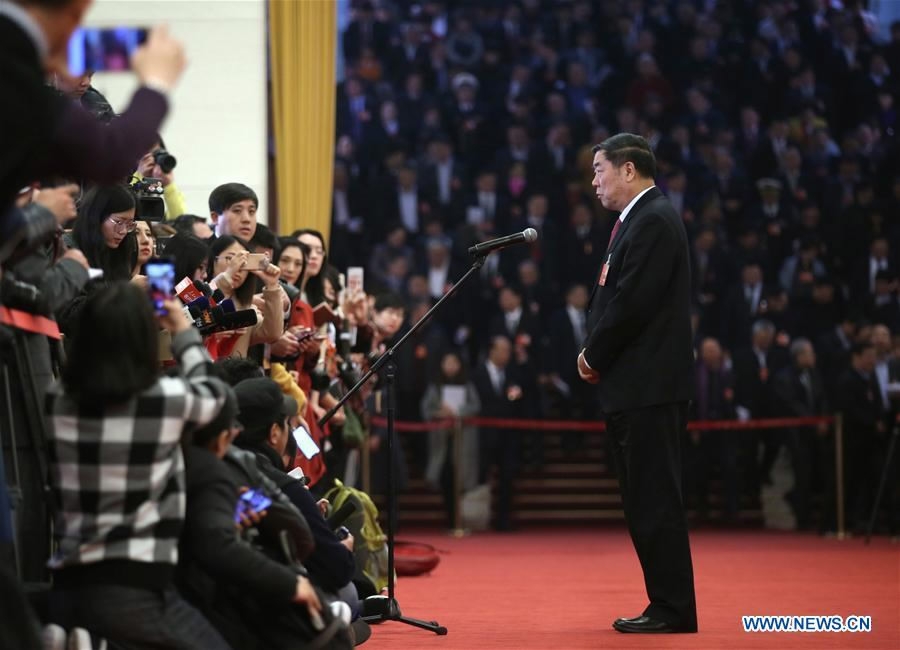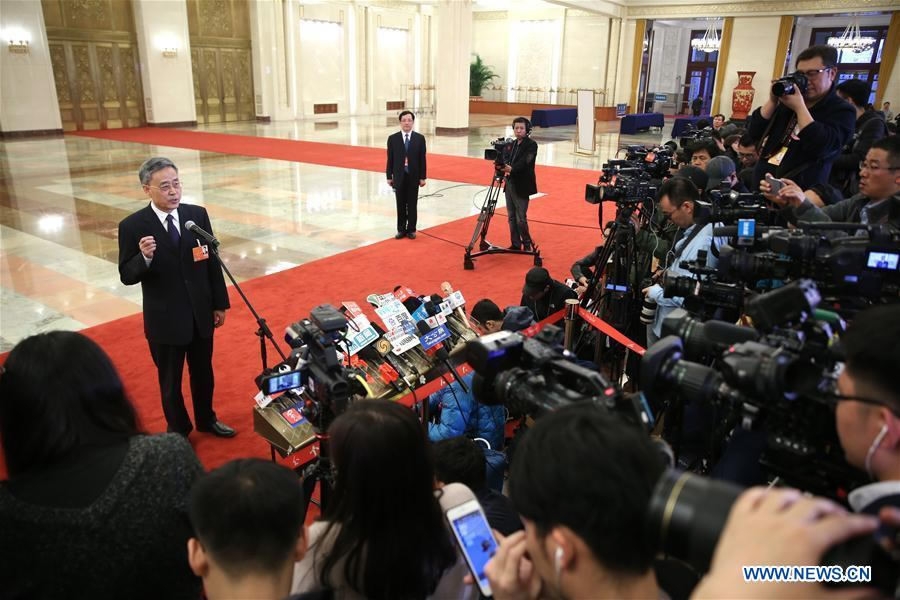
Opinions
23:03, 10-Mar-2018
Opinion: Institutional reforms to deal with new opportunities and challenges
Guest commentary by Victor Gao

At the Third Plenary Session of the 19th CPC Central Committee held in Beijing from February 26 to 28, major decisions were made to conduct institutional reforms of the CPC and the Chinese Government. Institutional reform programs were adopted, and those proposals relevant to the Chinese government have been submitted to the National People’s Congress for review and approval. The NPC is right now in the process of reviewing these reform proposals for government.
Ever since the start of the Chinese political and economic reforms 40 years ago, institutional reforms for the CPC and the Chinese government have never stopped. The opportunities and challenges facing China are constantly changing, and the institutional setup and their functions and interrelations need to be regularly reviewed and changed to better deal with the changing opportunities and challenges.

Photo features the Great People's Hall in Beijing. /Xinhua Photo
Photo features the Great People's Hall in Beijing. /Xinhua Photo
For example, 40 years ago, China barely had a financial market, and the Chinese central bank, the People’s Bank of China (PBOC), together with the Ministry of Finance, could handle almost everything related to finance. Since then, China introduced and developed commercial banking, insurance, securities, stock markets, trust businesses, leasing of all kinds, and more recently venture capital and private equity. On the institutional level, China set up banking regulators, insurance regulators, and securities regulators to supervise and regulate the different lines of business in the increasingly important and ever-expanding financial market.
Likewise, at different stages over the 40 years of reform and opening to the outside world, the CPC Central Committee set up different commissions, ad hoc groups, and leading groups to deal with newly emerging opportunities and challenges in China. Since the 18th Party Congress in 2012, the CPC Central Committee set up many important leading groups, including the Comprehensive and In-depth Reform Leading Group, to initiate, promote, and coordinate reform and other major initiatives in China.
Institutions are never the end in themselves, but the means to achieve the designated end. Given the rapid and profound changes in China, institutional reforms become more urgent and more important than ever before and more necessary compared with many other countries. In order to better deal with the opportunities and challenges facing China, the Third Plenary Session decided to conduct institutional reforms both for the CPC and for the Chinese government. It is expected that the institutional changes will be comprehensive and profound, and, when fully implemented, will enable the new lineup of the various ministries, commissions, bureaus and agencies in the CPC and the Chinese government to better lead China in the years and possibly decades to come in continued reform and opening to the outside world.

Head of the National Development and Reform Commission (NDRC) He Lifeng answers questions after the second plenary meeting of the first session of the 13th National People's Congress at the Great Hall of the People in Beijing, March 9, 2018. /VCG Photo
Head of the National Development and Reform Commission (NDRC) He Lifeng answers questions after the second plenary meeting of the first session of the 13th National People's Congress at the Great Hall of the People in Beijing, March 9, 2018. /VCG Photo
One possible example is the promotion of the National Energy Agency (NEA), which now is a part of the National Development and Reform Commission (NDRC), to a full ministry. As the largest energy user in the world, China faces tremendous opportunities and challenges in the energy sector. With a fully empowered ministry to take care of energy in the central government, the new Ministry of Energy will have more capacitiy, greater authorization, more budget and more manpower to regulate and promote energy development in China.
As mentioned above, in the financial sector, at present, China has the PBOC, CBRC (the banking regulator), CIRC (the insurance regulator) and CSRC (the securities regulator) as the main financial regulators, each doing its job in a fragmented regulatory framework, whereas funds in different forms and shapes can move around and across the regulatory boundaries in splits of seconds, and the many financial institutions they regulate have grown and become financial groups engaging in many different lines of financial businesses. It is expected that a more centralized and better coordinated regulatory body will be set up, so that the regulatory framework will do its job in a more efficient and seamless way to better promote the efficiency in the financial market as a whole and to detect and manage and minimize risks of all kinds in the financial market.

Guo Shuqing, chairman of China Banking Regulatory Commission, receives an interview after the second plenary meeting of the first session of the 13th National People's Congress at the Great Hall of the People in Beijing, March 9, 2018. /VCG Photo
Guo Shuqing, chairman of China Banking Regulatory Commission, receives an interview after the second plenary meeting of the first session of the 13th National People's Congress at the Great Hall of the People in Beijing, March 9, 2018. /VCG Photo
Another example relates to the Belt and Road Initiative, which is mobilizing more and more entities in China, including government entities at all levels, all kinds of companies and financial institutions, academic and research institutions and think tanks of all kinds. The Belt and Road Initiative is also gaining more and more support and following from up to approximately 100 countries and regions and international organizations in the world. It will not be surprising if a new agency or entity is created, either in the CPC or in the Chinese government, to coordinate the efforts by all parties in China for the Belt and Road Initiative, and to coordinate the efforts by China and various other countries and regions and international organizations.
We will be presented with the many details of the institutional reforms for the CPC and the Chinese government. It is expected that we will see the new lineup of the ministries, commissions, bureaus and agencies of the CPC and the Chinese government, better empowered and better coordinated with each other, and better enabled to lead China’s reform and opening to the outside world to new heights!
(The author is Chairman of China Energy Security Institute, vice president of Center for China and Globalization. The article reflects the author's opinion, and not necessarily the views of CGTN.)

SITEMAP
Copyright © 2018 CGTN. Beijing ICP prepared NO.16065310-3
Copyright © 2018 CGTN. Beijing ICP prepared NO.16065310-3